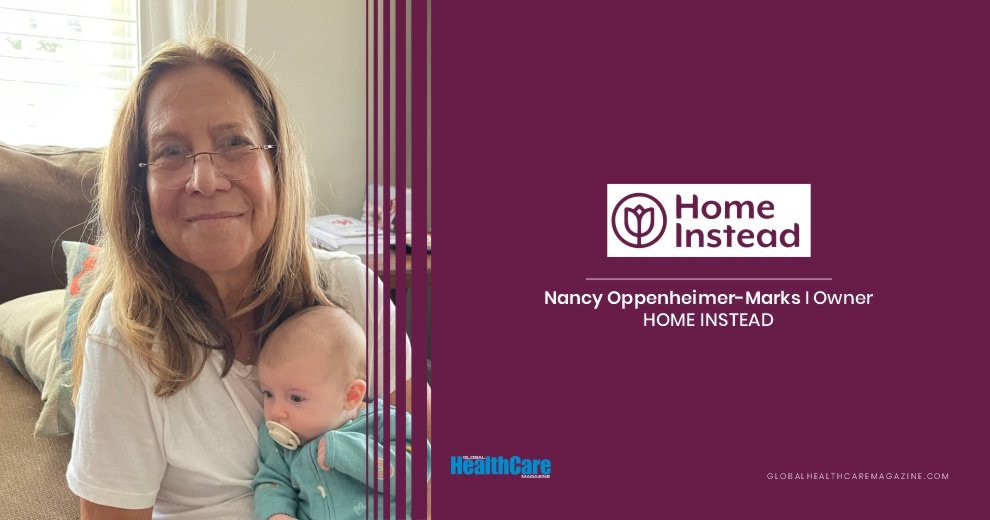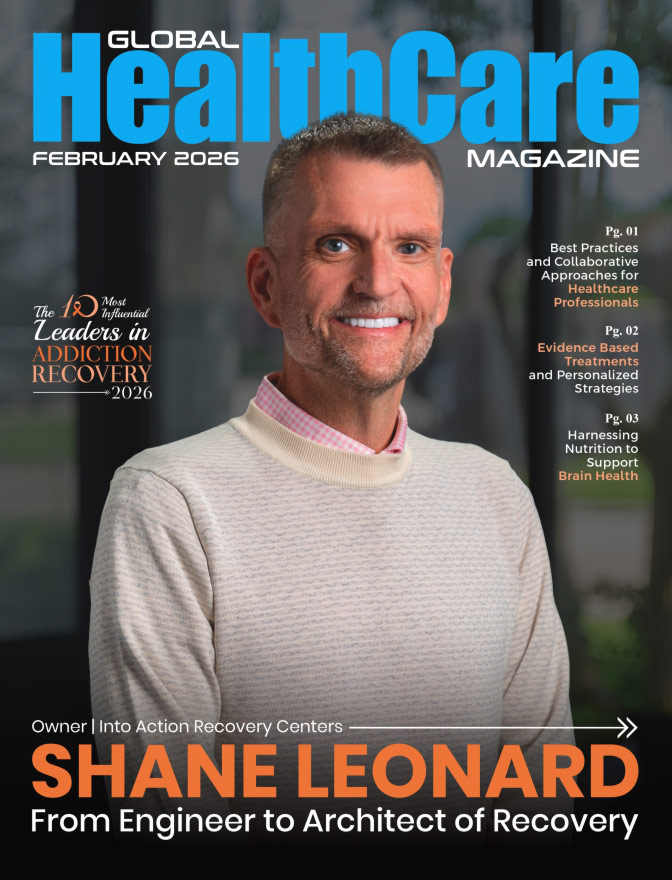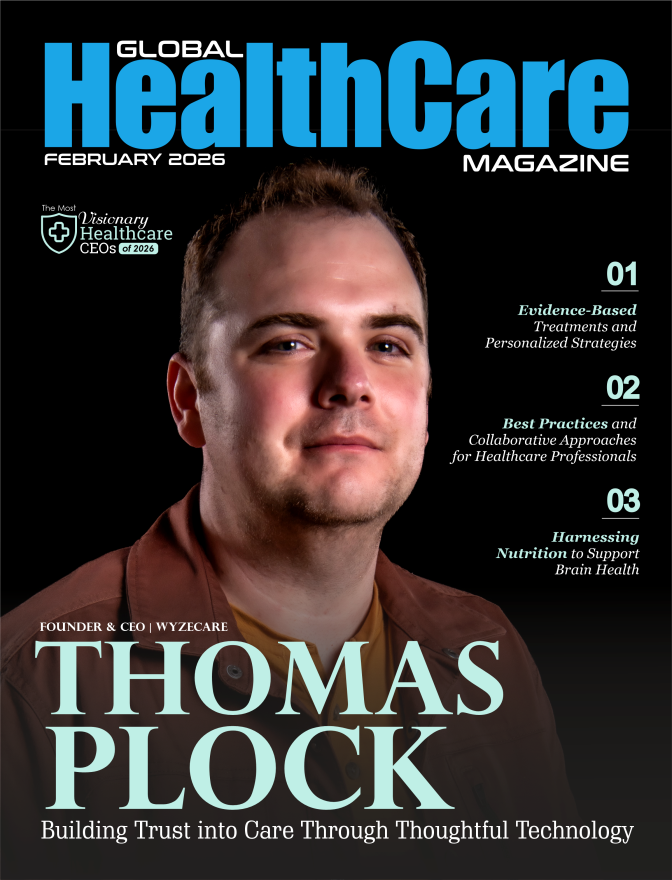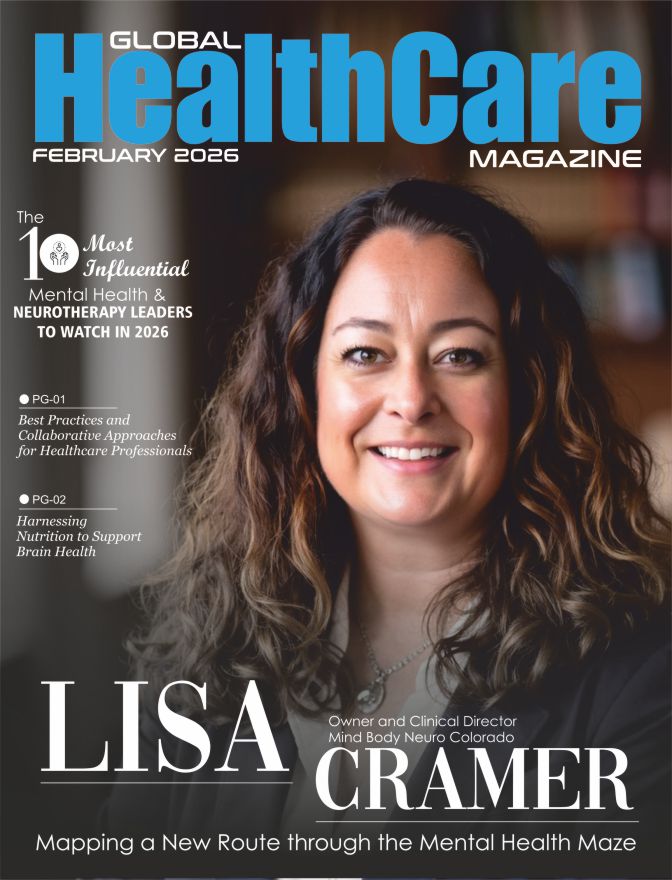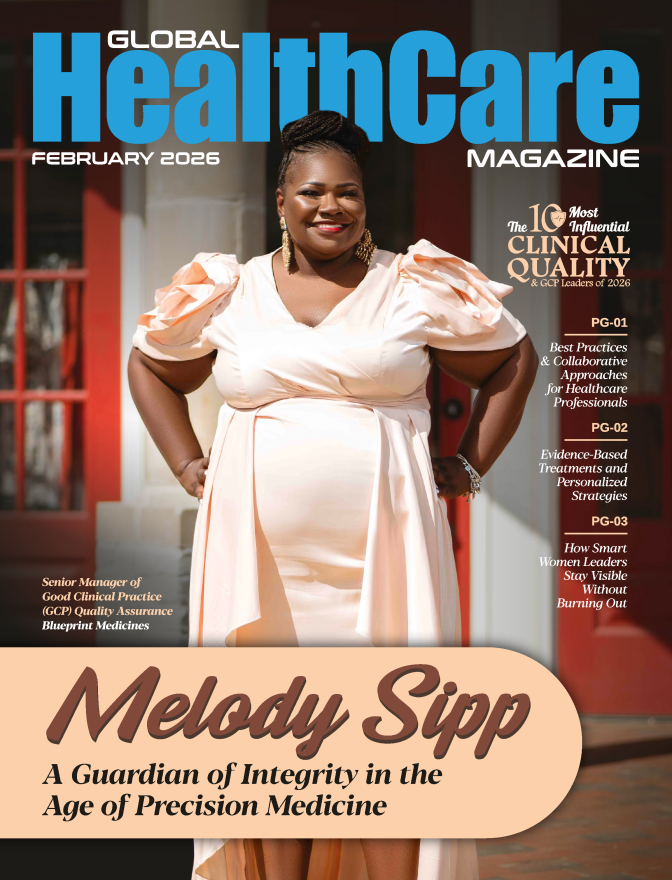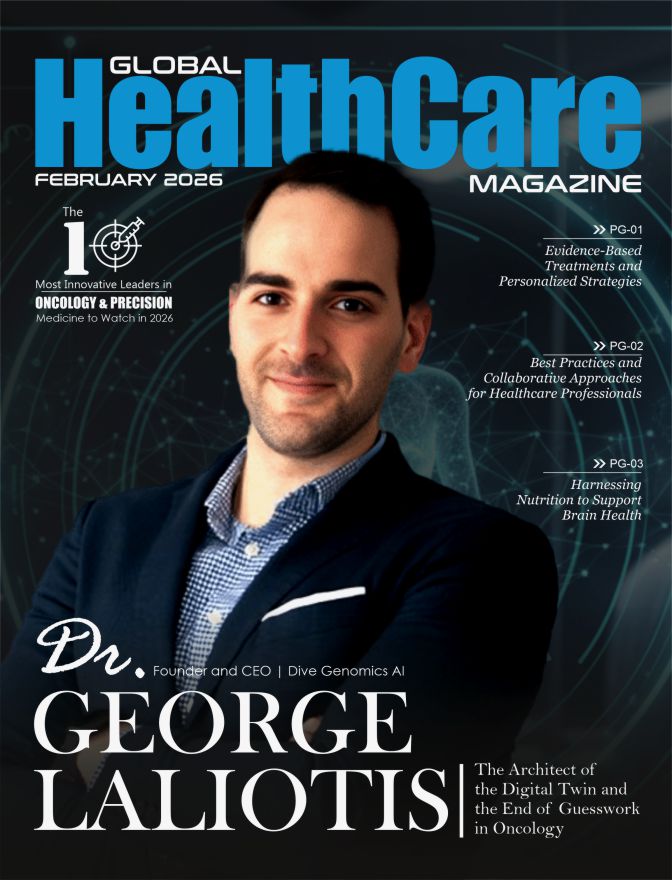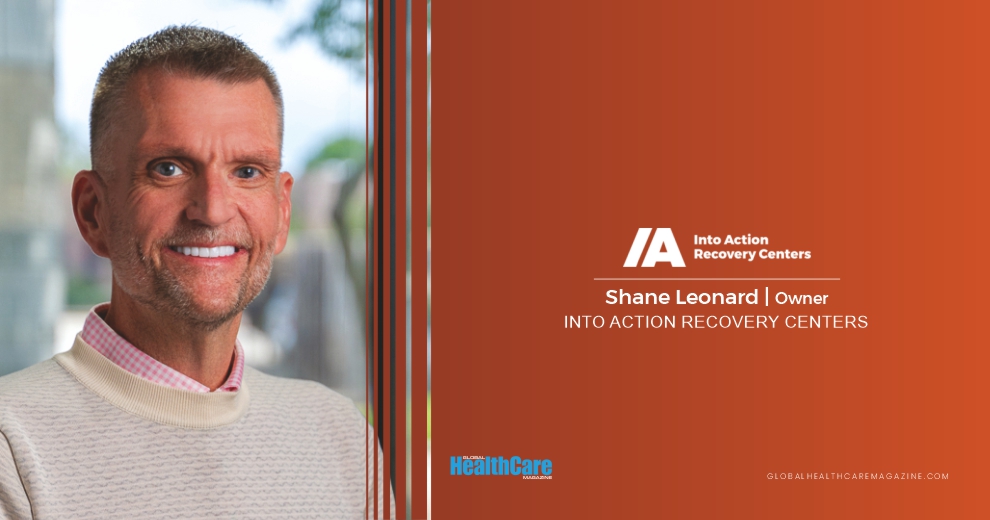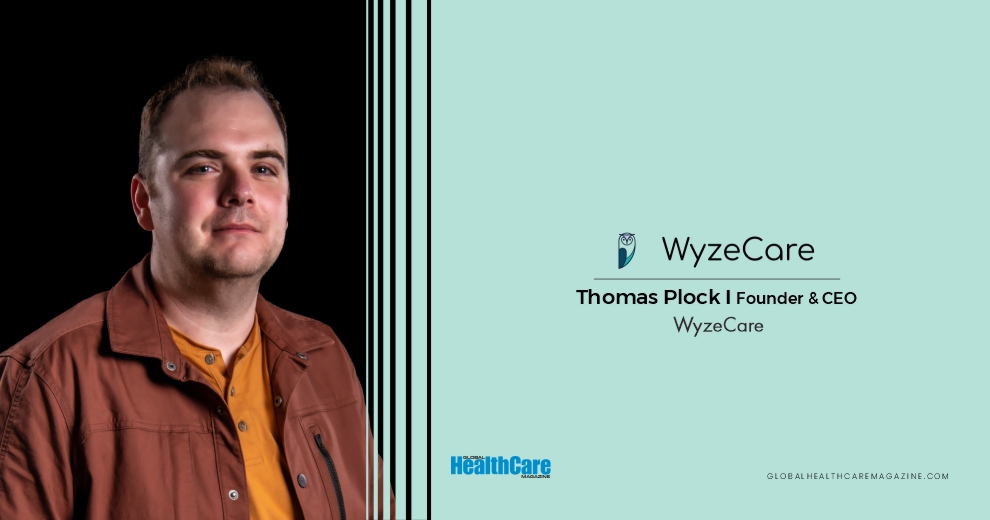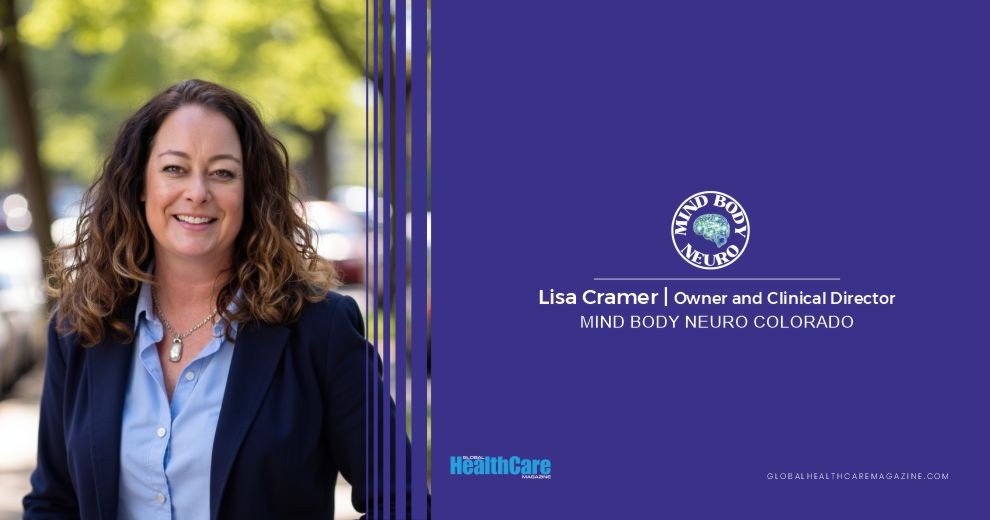Key points:
- By 2034, one in five Americans will be 65 or older, increasing demand for senior care services, including healthcare, housing assistance, financial planning, and social support.
- Navigating senior care options can be overwhelming for families and caregivers, emphasizing the need for accessible resources and supportive networks.
- Nancy Oppenheimer-Marks, Ph.D., the owner of the central Dallas office of Home Instead, has more than two decades of experience dedicated to enhancing the quality of life for seniors and supporting caregivers.
By 2034, the U.S. Census Bureau projects that one in five Americans will be 65 or older, creating a senior population of over 77 million. This shift brings an increased demand for essential senior care services, including healthcare, housing assistance, financial planning, and social support. Navigating these options can be overwhelming for families and caregivers, highlighting the need for accessible resources and supportive networks.
In response to these challenges, the senior care industry has evolved significantly. Leading the charge is Nancy Oppenheimer-Marks, Ph.D., Owner of the central Dallas office of Home Instead. With over two decades of experience, Nancy has dedicated her career to improving the quality of life for seniors and supporting their caregivers.
“As an industry, we must proactively expand our caregiver workforce to meet the rising demand for affordable senior care,” Nancy emphasizes. Her insights underscore the critical need for comprehensive care mechanisms to ensure seniors receive the quality care they need.
In a recent interview with Global Healthcare Magazine, Nancy highlighted the importance of centralized resources to help seniors and families navigate the complexities of aging. “We need a unified, state-level resource that is consistently updated,” she asserts. Such resources, she believes, will empower agencies, families, and seniors themselves to make informed decisions about care options and services.
GHM: Please share the origin story of Home Instead and explain why you chose to become a Home Instead franchisee.
Nancy: Home Instead was established in 1995 by Lori and Paul Hogan. The Hogans faced challenges when Paul’s grandmother developed health issues and could no longer care for herself. They initially relied on family help, but it strained their relationship with her. To resolve this, they hired people to learn how to care for their grandmother and realized this could be a new concept for providing non-medical care to seniors wherever they lived.
Hogans used their franchising experience to create a seamless operation, training franchisors to deliver consistent care worldwide. I selected Home Instead because of its core values and mission: to create a world where all seniors can age with hope and success. Their commitment to “Changing the Face of Aging” resonated deeply with me. About 3 years ago, the Hogans sold Home Instead to Honor, a California-based home care technology company.
GHM: Can you tell us about your early background and career journey? What inspired you to enter the healthcare industry, particularly in senior care services?
Nancy: Since 1982, I had worked at the University of Texas Southwestern, conducting biomedical research in the Department of Internal Medicine. I was promoted to Associate Professor, focusing on chronic inflammation, particularly in diseases like Rheumatoid Arthritis. I trained future medical doctors and students in cell biology, published numerous research papers and book chapters, and taught Human Anatomy to first-year medical students for nearly 13 years.
In 1996, unexpected circumstances changed my career path. Both of my parents passed away within six months of each other, and my department chairman informed me I had to secure 100% of my salary through grants to continue my career at the medical school. I felt this challenge was partly due to being a woman with a PhD in a clinical medical department. Although I could continue writing grants, the constant pressure was daunting.
I left the medical school and briefly worked in medical writing for the pharmaceutical industry. However, I quickly realized I couldn’t work under strict control. One day, I found a small business magazine at Barnes and Noble that featured Home Instead Senior Care as one of the best up-and-coming franchise companies. After speaking with the company’s lawyer, I decided to buy a Dallas franchise.
In 1999, I opened my Home Instead office, beginning a new chapter in my life. Today, there are nearly 1,000 independently owned and operated Home Instead franchises worldwide.
GHM: Your center primarily caters to the senior population. What are their most common pain points?
Nancy: When I opened my Home Instead office in Dallas in 1999, I was one of three agencies providing non-medical in-home senior care. At the time, most physicians and healthcare workers were unfamiliar with this concept. Seniors often find navigating care options overwhelming, as they may not initially recognize their need for assistance.
Often, it takes a crisis to prompt decision-making, leading to stress for seniors and their families. In urgent situations, they rely on friends or healthcare professionals for advice without knowing whose guidance to follow. Conversely, some proactive family members plan for potential future needs.
One of the biggest challenges seniors face is paying for in-home care. Finding skilled, compassionate caregivers has become increasingly difficult as wages rise, with costs often passed on to seniors. Many seniors prefer to stay in their homes, and their families usually support this. However, unless they have savings or Long-Term Care insurance, financing their care can be challenging. Some may consider a Reverse Mortgage, but many homes do not qualify due to strict requirements.
While Medicaid provides some funds for in-home care, Medicare is lagging. Although some Medicare Advantage programs offer this service, the reimbursement is minimal. Small grants from organizations like the Alzheimer’s Association or Hilarity for Charity provide limited respite care for family caregivers of seniors with dementia. As our population ages, more seniors may be priced out of in-home care services and rely on family for support.
Recently, developing relationships with referral sources, such as hospitals, has become more challenging. Hospitals often rely on outdated information and prices, making it hard for seniors to navigate their options without computer skills.
GHM: Could you share current statistics on the number of caregivers employed, seniors served, and the territories you operate in over the past few years?
Nancy: In the Dallas, Texas area alone, there are over 50,000 seniors. A year ago, I partnered with our parent company, Honor to integrate their vision and technology into our services. I believe this approach will be how future generations access home care, and I want to be part of this evolution.
Transitioning from the traditional model of home care, I brought my expertise to merge the two companies in Dallas. Honor contributes technology and Care Professionals to support our clients. The number of clients and caregivers changes daily, but we have served hundreds of seniors over the past few years.
To further assist seniors and their families, a centralized, state- or city-wide resource of agency information would be invaluable. Our company name changed to “Home Instead” several years ago to reflect our broader mission of helping people who aren’t yet seniors. After the sale to Honor, we continue to focus on providing resources and direction to those in need. We never end a call without assisting.
GHM: As the leader of your company, can you describe a typical day in your role? What aspects of your role do you find most rewarding?
Nancy: I’ve been in this industry for 26 years, which sets us apart from other care providers. My entire career with Home Instead has been focused on protecting our brand and providing the best care possible. I am at my desk almost every day working on the business, and when necessary, I also work in the business. I’ve done every aspect, including caregiving, training new hires to care for seniors with Alzheimer’s disease and other dementias, and setting a good example for my staff by being proactive, ensuring nothing falls through the cracks, and being honest and trustworthy.
What I always love about my business are the daily surprises; you can never predict what will be accomplished. When I opened my office, I cherished helping seniors age in place and providing paychecks to very deserving people.
GHM: As a woman leader in healthcare, what challenges did you face? How did you overcome them?
Nancy: Working in this industry always presents challenges, but one of my biggest hurdles was gaining recognition as a woman who wants to make a difference. My biggest challenge was “pounding the pavement.” It took time to introduce and educate members of the healthcare industry about the presence of home care and the essential role it plays in the aging continuum. I had to actively engage and advocate for our place at the table.
GHM: Looking ahead, does Home Instead plan to explore new service offerings or areas in the coming years?
Nancy: As a company owned by a technology firm, we continuously adopt new tools to enhance our operations. With Home Instead offices worldwide, we actively seek new opportunities to expand our services and support seniors wherever they reside.
GHM: How do you manage to maintain a work-life balance? What are your hobbies and interests outside of work?
Nancy: Giving 100% to my business makes for great days. Meeting with clients and caregivers is one of the most enjoyable aspects of my work. Outside of going to my office, I cherish spending time with my family. Unfortunately, our son and his family live a 7-hour drive away in Memphis, where he works as a FedEx pilot, so visits are less frequent than we’d like.
At home, I enjoy hobbies such as fusing glass, sharing meals with friends, reading, and taking walks around the neighborhood when the weather permits.
GHM: Is there anything else you would like to share with our readers—a message of encouragement, a specific call to action, or any other wisdom you’d like to impart?
Nancy: Since I opened my doors, the non-medical in-home care industry has seen explosive growth. There are numerous avenues to enter this field, and I highly recommend it to those looking to make a meaningful impact on seniors and caregivers. Pursuing gerontology or obtaining credentials as a CNA or nurse are excellent ways to get involved and build a strong workforce dedicated to helping our seniors.
For those who are passionate about helping others, I encourage you to join us. However, if financial gain is your primary motivation, be prepared for challenges and frustrations along the way.
Be kind and respectful of your employees and understand that wonderfully happy caregivers who know we have their backs will provide the most important aspect of home care to keep you in business.
Quotes

Also Read: The 10 Most Visionary Women Leaders in Healthcare, 2024

